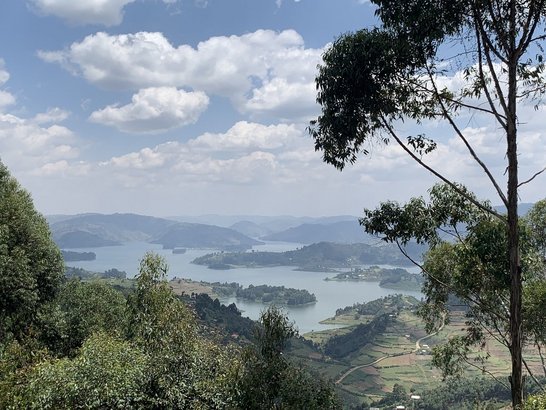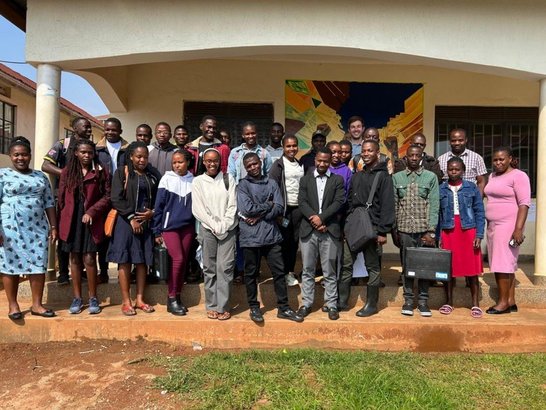Building Regional Capacities in Integrated Water Resources Management in Kigezi Highlands, Western Uganda

Project coordinator: Alex Saturday
Coordinating institution: Kabale University
Partner institution: University of Natural Resources and Life Sciences Vienna
Partner country: Uganda
Project duration: 1 May 2025 – 30 April 2027
Budget: EUR 179.999,31
Project Overview
The Kigezi highlands in Western Uganda are a vital ecoregion for regulating river systems, climate, and hydrological functions. However, this region faces significant challenges. Over-exploitation of natural resources due to rapid population growth and inadequate environmental management has led to unsustainable practices and ecological disturbances, resulting in degraded land and water resources. As a result, the local communities are experiencing limited access to clean water. The information and research on water resources in the area are scarce, leading to a limited awareness regarding the link between environmental integrity, water quality and quantity. In addition, local higher education institutions have limited capacities for research and teaching integrated water resource management (IWRM). To tackle these challenges, an integrated, research-based approach to water management is crucial.
The KI-WATER project aims to enhance the capacity and awareness of integrated water resources management at the university and Kigezi communities. The project tackles the present issues by:
- Improving the knowledge of water resources by measurements and an integrated assessment and evaluation of spatial-temporal environmental, water quality, and water quantity data
- Building and improving research and teaching capacities in IWRM at the University level
- Creating awareness about IWRM by engaging with local stakeholders and organisations to discuss project-related objectives and findings.
Data from this project will be shared in an online open-source repository. Multiple hydrometric measurement techniques will be integrated into courses at Kabale University as part of IWRM initiatives. This capacity-building exercise will enhance informed decision-making and aid in developing IWRM-based management strategies. Findings will be published in both scientific journals and non-scientific formats like leaflets and fact sheets, promoting effective communication with stakeholders. Workshops and the involvement of high schools will raise awareness of IWRM principles among various stakeholders. The project outputs align with Uganda's development agenda and contribute to achieving several Sustainable Development Goals (SDGs 6, 13 and 15).

